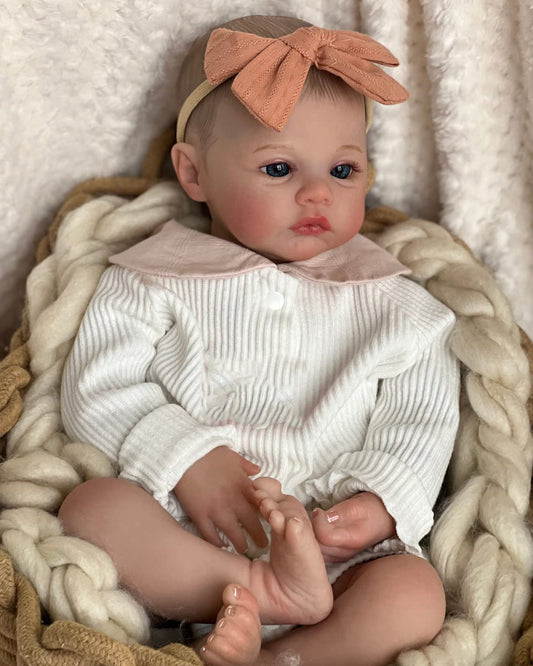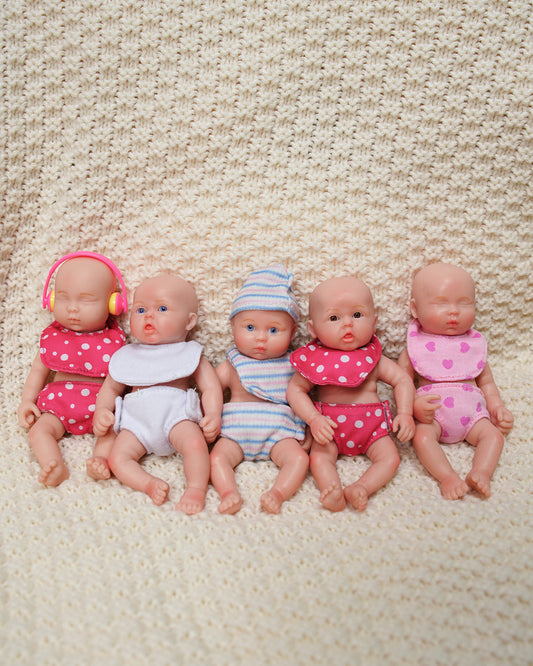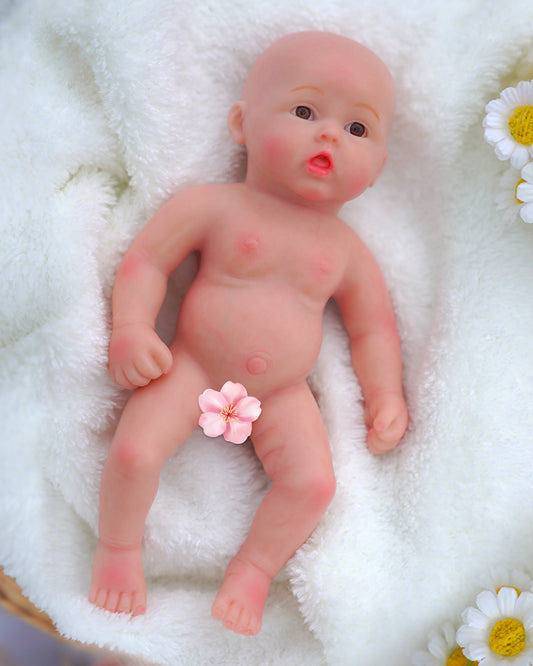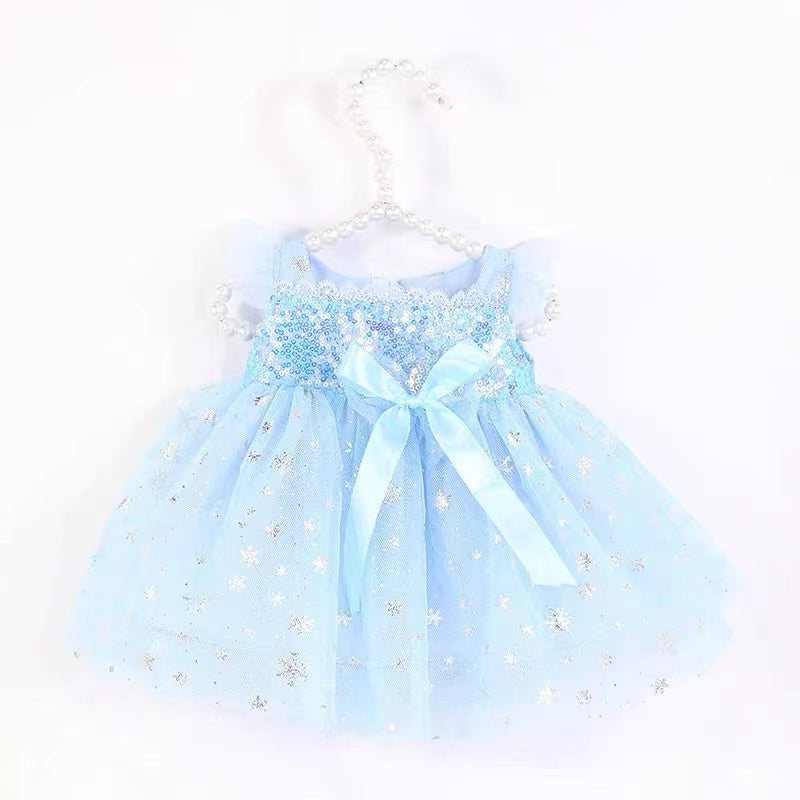5 Tips for Raising Happy Children
Like most parents, along with my children’s physical health, their mental health and well-being is paramount in my world.
There are so many books and websites aimed at improving a child physical well-being and intellect, but what can help improve a child’s chances of having a happy life? Most people have their own ideas about this, and everyone is different, but here are my top 5 ways of raising happy kids.

Credit:Gustavo Fring
Encouragement
It may seem obvious, but from the tiniest tot to the pre-teen and beyond, simple and regular words of encouragement go a long way.
The simple compliment or acknowledgment of an achievement really hits home with kids. Whether it’s during toilet training or trying out for a sports team, your words and the tone you use are huge factors in raising a happy child.
They may not get the best tests scores, or they may ace the whole exam, but validating their efforts regardless of the outcome will boost their confidence and encourage them onwards.
The words you use to recognize your children efforts, no matter how big or small, will set a great foundation for them. Words are powerful after all, use them wisely.
Demonstrate Happiness
Kids learn about the world and interactions through mimicking behaviour and so naturally they pick up a lot through the emotions they are exposed to.
A small child will laugh when their parents laugh even if they don’t understand the joke.
Kids can be very sharp when it comes to picking up on the emotions of others, even from a very young age, so it’s key to expose them to as much positivity and happiness as possible.
Of course we can’t be happy all of the time, and it’s important for your children to see and understand all emotions throughout their life, but a child who is shown happiness from an adult, whether it’s smiles, laughter or just a general up-beat attitude, will often mimic this behaviour and find their own sense of what makes them happy.
You are the example your child looks to for guidance, so imagine just how much of a positive impact you will have on your children if they see you as a happy adult, prioritizing the things that bring you joy and valuing your own happiness.
Play
Play is an essential part of a child development from a very young age onwards. It helps teach children so many things from hand eye co-ordination, through to using their own imagination, new skills and new sources of stimulation and fun.
It is well documented that unstructured play is essential for developing happy, well-adjusted children.
Whilst organizing things and having structure is essential as a parent, it is also just as important to allow children to have time to go and just have fun. Whether it’s with educational or more traditional toys, games on their own or with other kids, as well as playtime with their caregiver when possible too. This isn’t only good for the child, it’s also good for the adult as well. It strengthens bonds, releases endorphins and also creates some lovely memories and shared experiences for you and your child.
So what are you waiting for, crack open that toy box or leap in to the sandpit and go for it. Your time might be precious, but the time you spend having fun with your child is even more precious to them.
The“ Glass half full” approach (or optimism)
Like all of us, disappointment happens to children and this can often have a profound impact on their emotions. As such, I have tried to use the ‘Glass half full’ approach with my kids whenever it has felt appropriate.
Naturally there will be times when things go wrong; toys break, rain stops a playdate or a trip is canceled.
Events such as these will often lead to disappointment for the child and occasionally for the adult as well. Their happiness and joy are left bruised and their emotional state will be affected.
The thing to remember is that younger children often cannot rationalize things in the same way adults can. These situations are when the adult must step in and put the pieces back together, and reinforce the idea that this is not the end of the world and that there will be other opportunities for play, other events and other toys.
It’s very easy to put things a little too bluntly to kids, but you have to remember that they are still learning about the world.
So hypothetically when that toy breaks, gently remind them that there are other toys and that sometimes even a broken toy can still have a lot of play left in it. When it rains and they can’t go to the park, try and sooth them with a reminder that the rain will end, the sun will come out and the park will still be there at the next opportunity to play. By doing so, you will encourage them to develop a sense of optimism and this will in turn grow in to a far more healthy and balanced outlook on life in adult hood.
Kindness and compassion
The teaching of kindness and compassion is a vital lesson to children.
As I said above, kids learn primarily by imitation. Its human nature to mimic things and people, so by showing your child acts of kindness you are encouraging them to perform their own. You can do this by being mindful of your own reactions to situations around your child, and being intentional with your own acts of kindness within your community – perhaps even getting your child involved.
The way that you teach children about conflict resolution and compassion can also go a long way.
Here’s an example, if my three children have had an argument – I think it’s important to encourage them to develop their own conflict resolution skills rather than stepping in to problem solve myself. I will speak to them and ask why they are not getting along.
If one sibling has been mean to another, I try to get them to open up and say why they are doing these things. By doing so you are encouraging them to use their words , which will lead to more open dialogue . It will also help pacify situations and get them to acknowledge that at least one of them is upset by the actions of the other.
These actions will encourage children to be less selfish, more accepting, and more considerate; which will undoubtedly have a knock on effect for the person they become in the future.
So, those are my top 5 tips to help encourage happiness in children. Do you have any tips or practices you use when helping your children grow in happiness? I’d love to read about your ideas and approaches and experiences on this subject.
Hayley McLean is a hypnotherapist, a mum of 3 young children, and a blogger. After having 3 babies in the space of 3 years, Hayley uses her blog to share her experiences and tips for parents everywhere on all aspects of family life and raising children.






